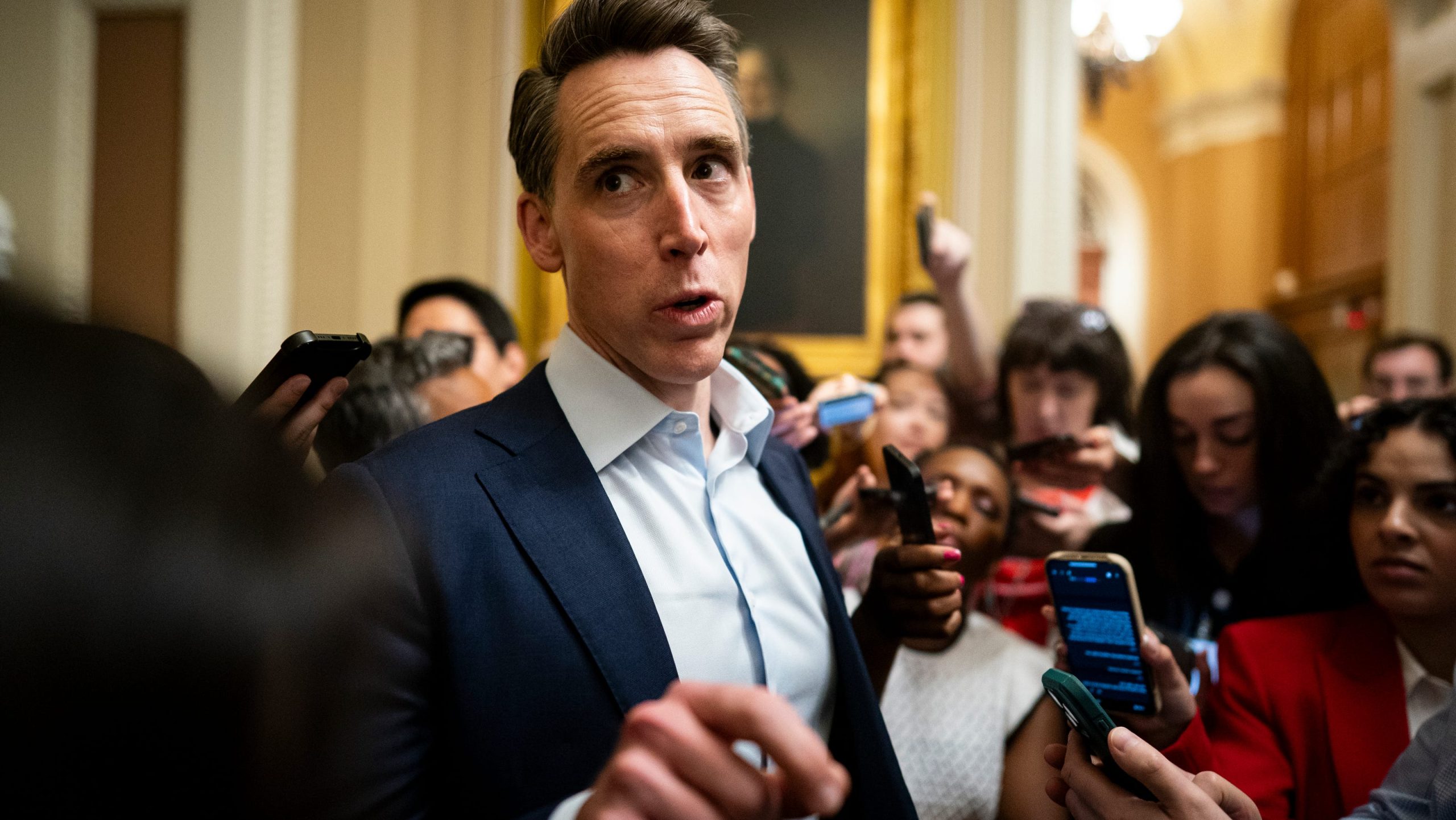A striking paradox is emerging in American politics: the very Republican figures who vociferously criticized President Biden’s student loan forgiveness as an attempt to “bribe voters” are now embracing remarkably similar populist economic strategies. This apparent shift raises pertinent questions about political consistency, the evolution of party platforms, and the underlying principles guiding contemporary fiscal policy debates.
Central to this discussion are recent proposals, such as Senator Josh Hawley’s call for a “tax rebate” funded by tariffs, seemingly echoing a strategy aimed at direct financial appeals to the electorate. These initiatives often draw parallels to past governmental interventions, including the substantial stimulus measures implemented during the COVID-19 pandemic, which many conservatives initially opposed on grounds of fiscal responsibility.
However, the economic reality behind these proposed “rebates” warrants closer examination. Contrary to the implication that the government possesses surplus funds to return to citizens, the United States operates under a significant and growing national debt. Such proposals, therefore, do not function as true rebates in the traditional sense, as they are not returns of overpaid taxes but rather new forms of government disbursement, adding to the nation’s fiscal burdens.
The broader MAGA economic framework, characterized by policies like import tariffs, is frequently presented as a mechanism for generating domestic wealth that can then be redistributed to the populace. Yet, critics argue that these policies can ultimately harm American consumers through increased costs and may not yield the economic benefits claimed, further complicating the narrative of a robust economy capable of funding such widespread payments.
This pattern of proposing large-scale financial incentives, regardless of their economic foundation, suggests a primary motivation centered on electoral appeal rather than adherence to strict conservative fiscal doctrine. The aim appears to be the acquisition of votes by directly addressing perceived economic grievances, a tactic that transcends traditional ideological divides when political gain is at stake.
Indeed, the current landscape reveals a bipartisan inclination to utilize federal spending as a powerful political tool. While the specific programs may differ, both major parties have, at various times, resorted to measures that channel government funds directly to segments of the population, effectively transforming economic policy into a means of voter enticement.
Senator Hawley’s own legislative history provides a compelling example, given his notable support for COVID-19 pandemic stimulus checks. This stance, at odds with some conservative principles, highlights a pragmatic embrace of populist actions when deemed politically advantageous, underscoring the cyclical nature of these economic enticements.
Ultimately, a significant faction within the Republican Party appears to prioritize the immediate electoral benefits derived from offering economic incentives over the development of sound, long-term fiscal strategies. These proposals, framed as pathways to prosperity, often serve primarily as mechanisms to secure political loyalty, revealing a fundamental shift in the approach to economic governance and its role in public life.






Leave a Reply